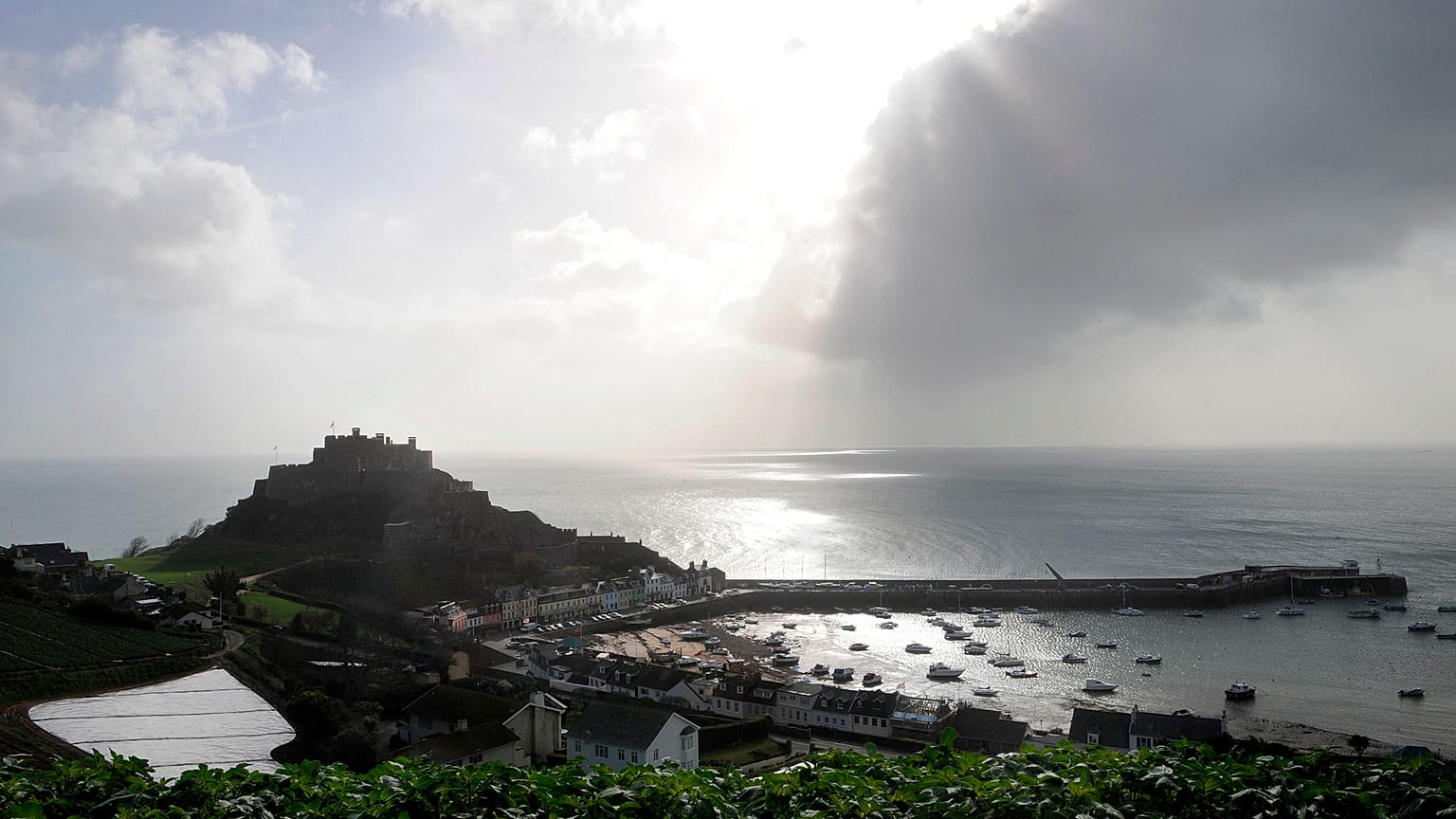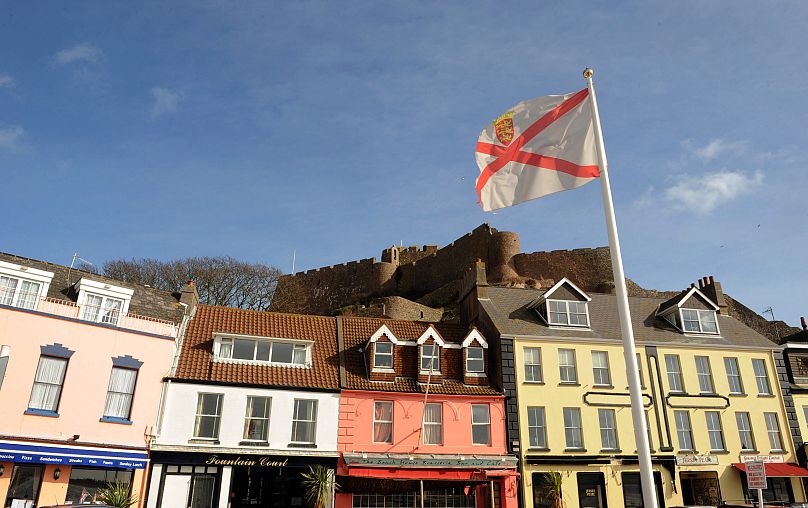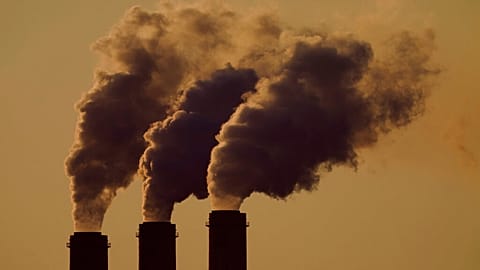Toxic chemicals leaked into their drinking water supplies more than 30 years ago. Now residents want compensation.
Jersey residents could be the first in the British Isles to launch legal action over toxic ‘forever chemicals’ polluting their water.
Per- and poly-fluoroalkyl substances (PFAS) are a large family of human-made chemicals that don’t occur in nature. They are known as ‘forever chemicals’ because they don’t break down in the environment.
Like microplastics, there is virtually no escape from PFAS; they’ve seeped into our blood, breastmilk, and almost all rainwater on Earth.
But the Channel Island has been dealing with a particularly egregious load of pollution for decades. Firefighting foam used on the airport fire training ground in the early 1990s leaked into the surrounding area and people’s borehole water supplies.
Locals attribute a number of serious health conditions including cancer to this source, and some are now considering collective legal action.
The timeline of Jersey’s forever chemicals scandal
When the foam was confirmed to be in drinking water in 1993, the Government of Jersey stopped its use and offered to install new bore holes for those affected.
In a new investigation into the issue, the BBC has spoken with people who believe the ban came too late for their health. They include 57-year-old Graeme Farmer, who lived in a cottage near the training ground in the mid-1990s, and was diagnosed with blood cancer five years ago.
"My parents… and I lived there for four years. We all went down with cancer and we all seemed to have it within the same time period,” he told the broadcaster.
In 2005 the island’s government signed a confidential deal with 3M, the manufacturer of the foam, to secure £2.6m (around €3m) towards the PFAS clean-up.
Under the terms of the agreement, it promised not to pursue any legal claims against the company. Controversially, it also committed the government to support the company if any citizen pursued legal action.
The deal was kept secret from the public until a local journalist obtained a leaked copy of the deal, and broke the story in 2021 - prompting a fresh wave of outrage.
Why are Jersey residents seeking compensation now?
In 2022, Jersey’s government conducted a pioneering programme to test the blood of people living near the airport for PFAS compounds.
Of the 88 islanders tested, 70 per cent were found to have higher threshold levels of PFHxS and 30 per cent had higher threshold levels of PFOS in their blood - both PFAS compounds.
Having received their blood test results, Jersey residents are now considering their legal options.
"Many of these people feel that they have health concerns arising out of their exposure to PFAS chemicals and they may have some sort of claim to receive compensation,” Jersey Advocate Eleanor Colley told the BBC.
Her law firm Viberts has spoken to some 10 islanders about pursuing a financial compensation claim, which it is “in the early stages” of investigating.
If it goes ahead, Colley believes this could be the first collective action concerning PFAS in the British Isles. 3M recently reached a $10.3 billion (€9.4bn) settlement to pay to test and clean up the chemicals from water supplies across the US, without admitting liability.
"Like everybody we'd like to see our health back,” said Farmer. "But that isn't possible - that only leaves financial compensation which everybody deserves.”
"At this stage we are not sure who any potential defendant would be, although it's likely to be a States of Jersey entity and potentially the manufacturer of the chemicals,” Colley added.
In response to the BBC’s report, the Government of Jersey said: "There is no international agreement about how to interpret blood results, therefore it is difficult to reach conclusions on the levels in the blood that has been tested.
"We have set up the Independent PFAS Scientific Panel, who will examine, report, and make recommendations to the government on agreed topics."
3M said in a statement: “We have and will continue to take action consistent with our values - including remediating PFAS, investing in water treatment, and collaborating with communities."



















